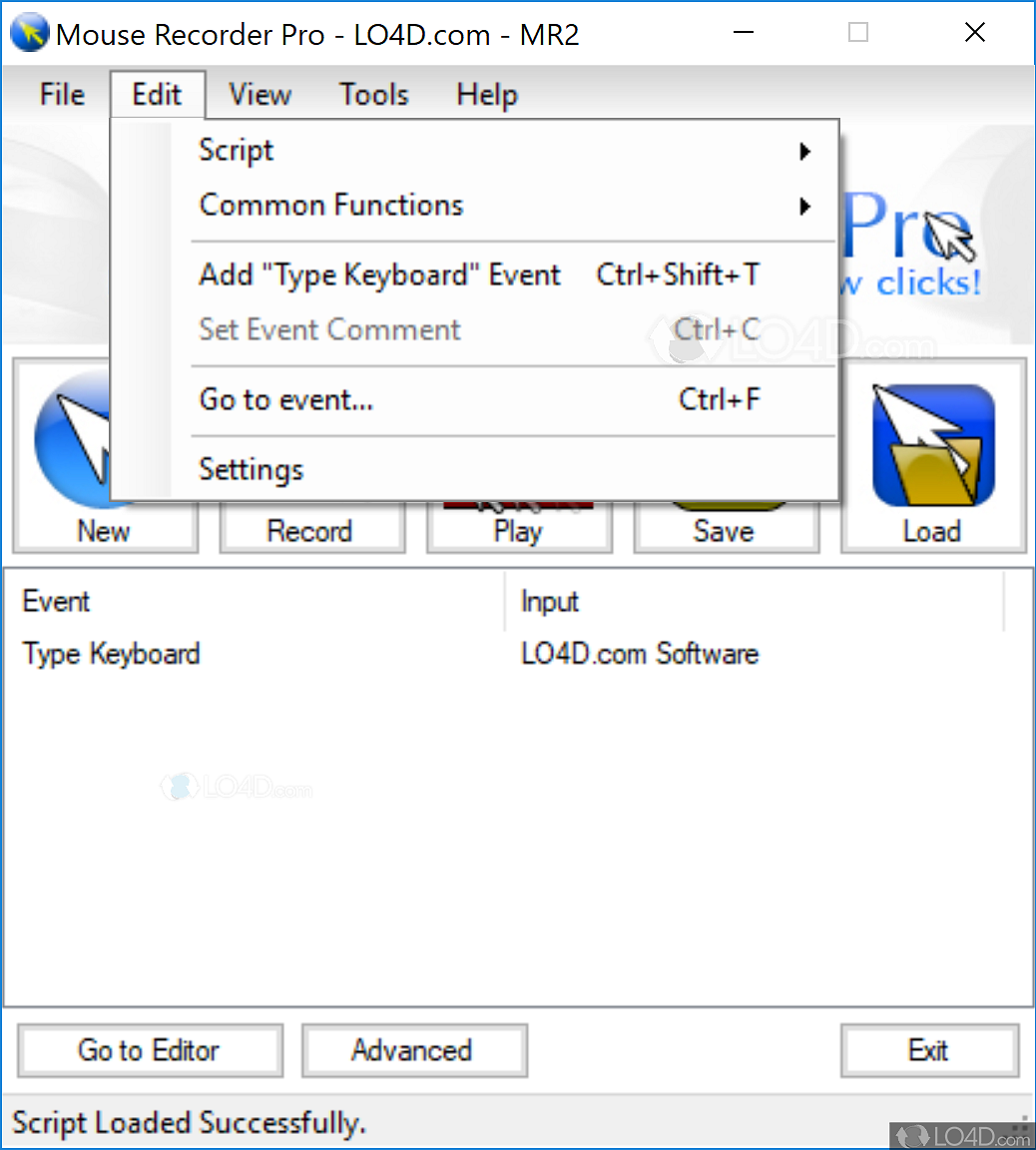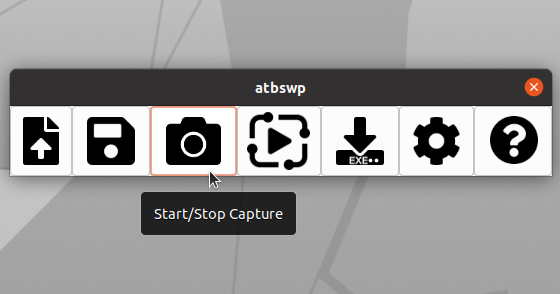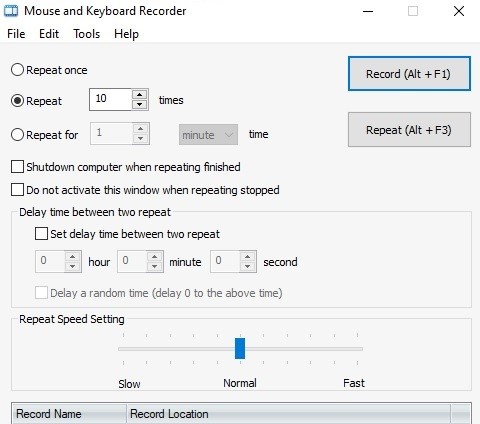
Can often get by with a less powerful computer. Strengths: Sometimes simpler is better when the clock is ticking, or inspiration strikes. If all you need are quick beds for a video project, do you really need to fire up your DAW? Another “non-DAW” program that’s great for generating needle-drop-type music: Sony’s Cinescore, which does only one thing, generate music algorithmically but does it extremely well. For example, Sequel 2 offers content in a variety of styles, and you can put music together in various genres really fast for about the cost of a single sound library CD- or DVD-ROM. Still, they’ll have enough options that you’ll at least be able to export audio that can be loaded into someone else’s DAW.Īnd there’s another factor: These programs can be like sample/loop/needle-drop music libraries on steroids. Non-DAW programs are sometimes self-contained and don’t support all protocols, for example, Acidized WAV and REX files, or the ability to import and export particular file types. Although it doesn’t record audio (yet Propellerheads just announced a companion recording program, Record), it can ReWire into virtually anything that can record audio. The top “non-DAW’ program would have to be Reason (Figure 2), a virtual MIDI studio. Rather than try to define this genre, let’s just figure that if Steinberg sells Cubase 5 for around $600 and Sequel 2 for $130, it’s clear Sequel is not the company’s “flagship DAW.” Yet these types of programs are surprisingly versatile, nimble, have relaxed computer requirements, are inexpensive, and can often get you making music faster than more comprehensive programs.
#Mouse and keyboard recorder for everquest software#
But often, the dividing line between DAW and non-DAW software is blurry for example, what about Image-Line’s FL Studio, where some versions can record audio and some can’t? Or GarageBand, which has much in common with DAWs, but most would classify as an entry-level program? Or Acoustica’s MixCraft, which thinks like a DAW but isn’t priced like one? Then there’s EnergyXT, which is designed to get ideas down fast, but isn’t sold specifically as a “DAW.” You don’t always need to record digital audio to create music just ask the successful dance and audio-for-video composers who do everything with Propellerhead Software’s Reason. Quote from the target audience: “It’s worth the hassle because it sounds better than digital.” Non-traditional DAW software

Noise reduction is needed to match digital’s dynamic range.

Limited ability to interchange projects with other studios. Tape can stretch, and sometimes quality control is an issue. Editing is very limited compared to DAWs. Limitations: You need to align machines, replace heads, demagnetize the tape path, and so on. Non-restored recorders typically cost a fraction of their original price. Many rock aficionados say that tape is the sound of rock and roll. When cared for, tape can have a long life. By definition, requires a mixer-so you have a physical control surface. Distorts in a way that no plug-in has totally captured. Strengths: Sound quality that’s different from digital. This keeps “that” tape sound, but also, takes advantage of digital’s many talents. Īlso note that some pros combine analogue and digital by tracking to an analogue tape recorder, then immediately transferring the audio to a DAW for editing and mixing. There’s some solid information on what you’re getting into with analogue tape recording at Sonicraft. Either spend the bucks for a recorder in good condition or dedicate yourself to restoration it’s not unlike buying a classic car and having it become an obsession, as you search for something like a steering box in good condition.

Most recorders are at least a couple of decades old and loaded with mechanical parts that can wear out. But also check with the manufacturers (TASCAM, Fostex, Otari, Studer) who used to make recorders, as they sometimes still have parts in stock (Figure 1).Īs to buying an analogue recorder, do your research.

These provide a variety of services and parts and sometimes reconditioned recorders. No new studio tape recorders are being made, so you’ll need to research companies that specialize in analogue recorders, like JRF Magnetic Sciences, Sprague Magnetics, ATR Services, B.A.S.E., and the like.


 0 kommentar(er)
0 kommentar(er)
